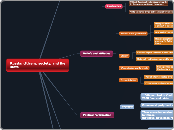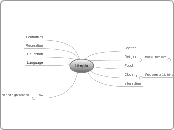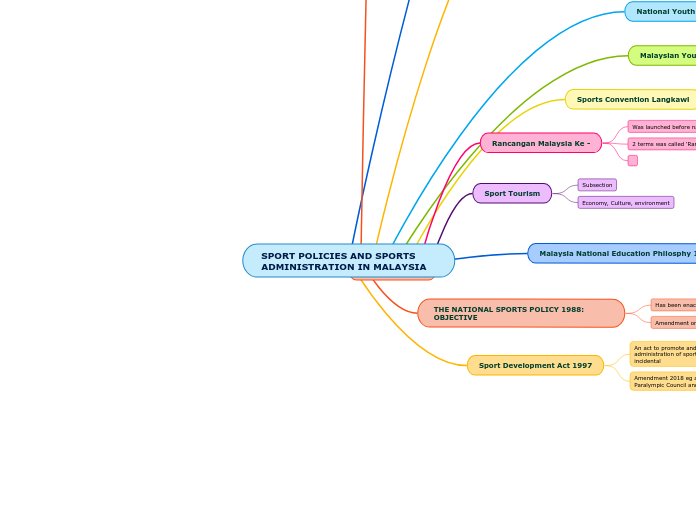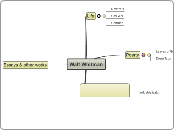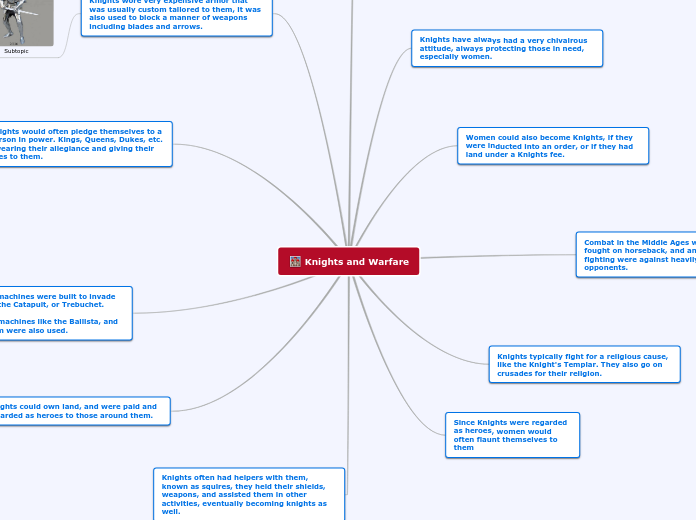Russia: citizens, society, and the state
Russian Youth Groups
Goal is to create a generation of loyal and patriotic youth that
won't interfere in an election by protesting.
Largest is the "Nashi"
In May of 2011, 50,000 of them protested 'corruption' in downtown Moscow... they only focused on Putin opponents though.
Putin created a handful of youth movements to support the government.
Civil Society
Civil society does appear to be growing however.
The 'state corporatist' arrangement between the government and companies still exists, and Putin will crack down on anti-
Putin groups by investigating them or harassing them with the
police.
They predominantly don't belong to unions, or attend church.
Only 1% belong to a political party.
The vast majority of Russians do NOT participate in civil society.
Civil Society = private organizations and associations outside of politics.
Political Participation
Voter Turnout
Turnout is higher than the U.S., but lower
than France and the U.K.
2004 Presidential = 65%
2007 Duma = 64%
Protests
*Few mass demonstrations have been held, but those
that have, have been relatively nonviolent.
Communist party held a rally in Mosocow.
1,000 marched in Vladivostok because of
2008 financial crisis
Beliefs and attitudes
Economic beliefs
Communists are less than enthusiastic.
Market reforms created divisions in public opinion.
Westernization vs. Slavophile
Some political parties emphasize nationalism and a defense of Slavic culture.
Statism
Historically subjects as opposed to participants.
Russians expect the state to take care of them.
Mistrust in the government
Notable exception has been the high level ofapproval for Putin, although this is fading in recenttimes.
Low level of participation in interest groups
Most polls show support for democratic ideals, buta distrust in government officials and institutions
Cleavages
Rural/urban
Wide economic divide between rural/urban populations
73% of Russians live in cities, primarilyin the western portion of the country
Moscow has repeatedly been labeledthe most expensive city in the world to live.
Social class
Nomenklatura defined the way to move up the ladder
Noble/peasant distinction replacedby Communist Party Member/non-member
Religion
One pattern worth noting = rise in Muslim share of population.
Concentrated in 3 areas
Bashkortostan and Tatarstan
The Caucasus
Includes Chechnya
Moscow
Russia has more Muslims than any other European state except for Turkey (est. 20 million)
Today: relatively nonreligious, with low attendance in churches
Soviets banned religion
Tsar served as the head of the church
Russian Orthodox has dominated its history.
Nationality
Chechnya - Muslim region that has fought for freedom for years.
Country divided as a 'federation' w/ autonomous regions
Most significant nationality = Russian
